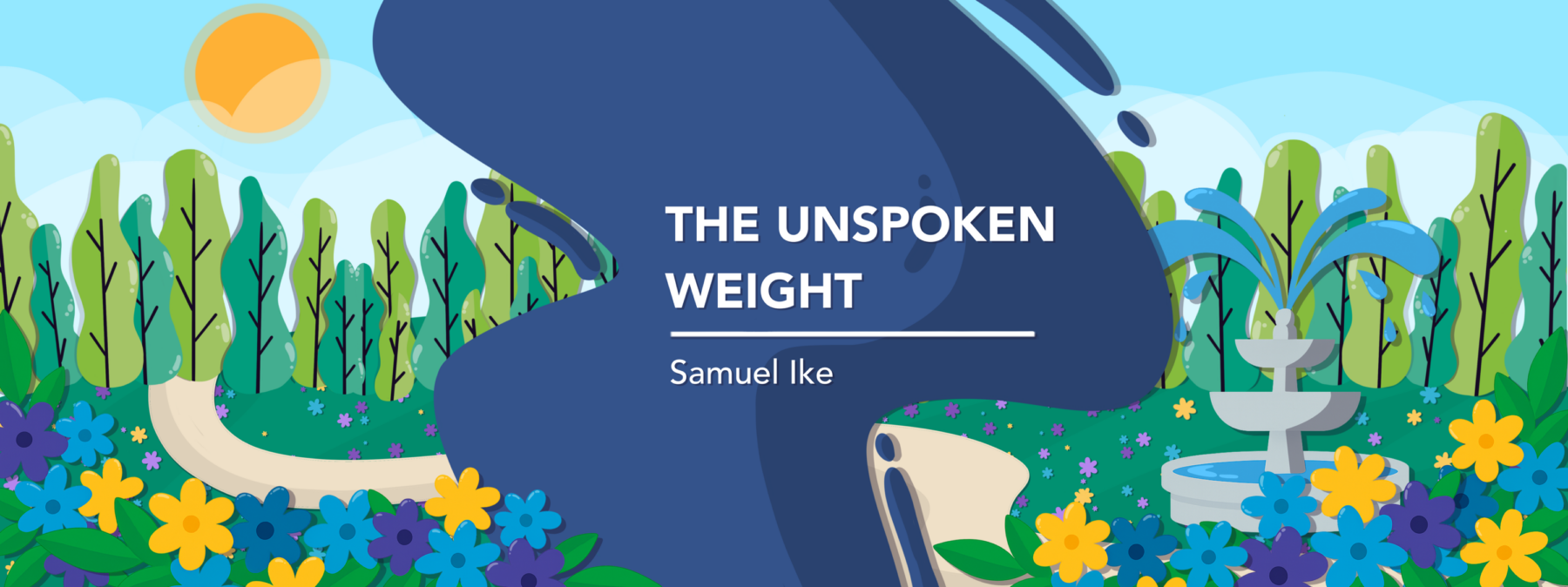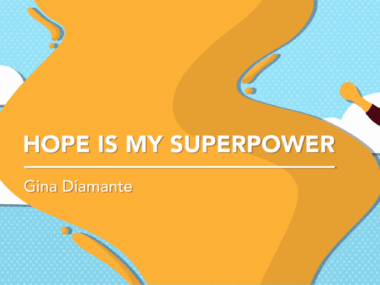Feeling relieved, then guilty, when my mum falls asleep
I'm learning to view my own rest as a necessary part of caregiving
Written by |

The most peaceful part of my day starts around 10:36 p.m. That’s when my mother has taken her last pills, I’ve checked her vitals, and her breathing has finally softened into the shallow, regular rhythm of sleep. When everything is finally quiet, I feel a wave of profound relief — immediately followed by a tide of guilt.
“I am finally off the clock,” I tell myself. But why do I feel all this guilt instead of satisfaction?
The weight of constant vigilance
If you’re not a caregiver to someone who has a rare cancer like my mum’s myeloma, you might not understand why I feel relieved every night as soon as she goes to sleep. To understand that relief, you must first be aware of what occurs while she is awake during the day. You also need to recognize the pressure of keeping watch and how exhausting it can be.
It entails:
- Listening. Half of my brain is always on alert, searching and listening for the sound of a call, a cough, or worse — silence.
- Performing. There’s a constant pressure to always be “on.” I must project optimism, calmness, and strength, even when I feel so much fear and anger.
- Deciding. Every decision I make on my mum’s behalf — whether it’s which meals she’ll eat or when I should contact her doctors — feels like life or death.
When my mum falls asleep, the alarm in my nervous system finally shuts down for the day.
The guilt that follows the calm
However, an unwelcome but familiar companion seems to always accompany this respite: guilt. I believe it’s the tax I must pay during moments when I’m supposed to be experiencing peace.
Unfortunately, that’s when my mind starts to race again. Should I check on her? What kind of son finds relief in his mum’s illness? If I love her, shouldn’t I want to be with her every second?
The exhaustion and tiredness I feel are unique. How can I be glad to finally get some rest, only to spend my strength punishing myself for trying to rest in the first place?
Reframing respite as resistance
Recently, I’ve been learning to see this relief not as a failure to love, but as a vital act of survival.
A palliative care nurse once told me, “When a cup is empty, you cannot pour anything out of it. This is a fact. It’s not a metaphor.”
This is why, nowadays, I do all I can to make the best use of those quiet nighttime hours. I no longer use them for self-reproach, but for the following:
- Reclamation. I take a drink of tea, coffee, or juice. I read a book that has no medical terminology.
- Restoration. I sit in silence and deliberately refuse to fix or solve anything.
- Resilience. I remind myself that I need to be fresh and strong for the next day. So I let my own nervous system shut down and reset.
A mantra worth remembering
Rest is not a reward for work you have completed. Rest is part of the work you are still doing.
A challenge without guilt
Do you also experience guilty relief whenever your loved one falls asleep? Try this suggestion: Don’t fight it for the next 10 minutes. Simply take deep breaths. Then remind yourself that your rest is not a betrayal. It is what will permit you to love them well again in the morning.
Note: Rare Cancer News is strictly a news and information website about the disease. It does not provide medical advice, diagnosis, or treatment. This content is not intended to be a substitute for professional medical advice, diagnosis, or treatment. Always seek the advice of your physician or other qualified health provider with any questions you may have regarding a medical condition. Never disregard professional medical advice or delay in seeking it because of something you have read on this website. The opinions expressed in this column are not those of Rare Cancer News or its parent company, Bionews, and are intended to spark discussion about issues pertaining to rare cancer.





Leave a comment
Fill in the required fields to post. Your email address will not be published.